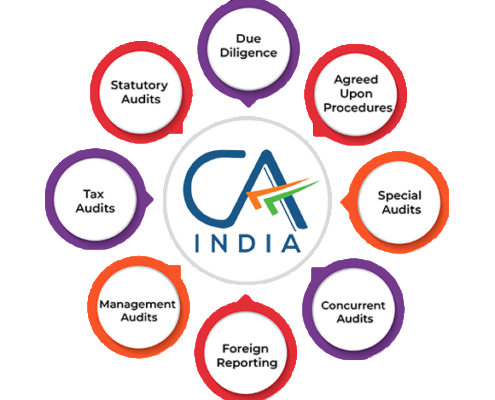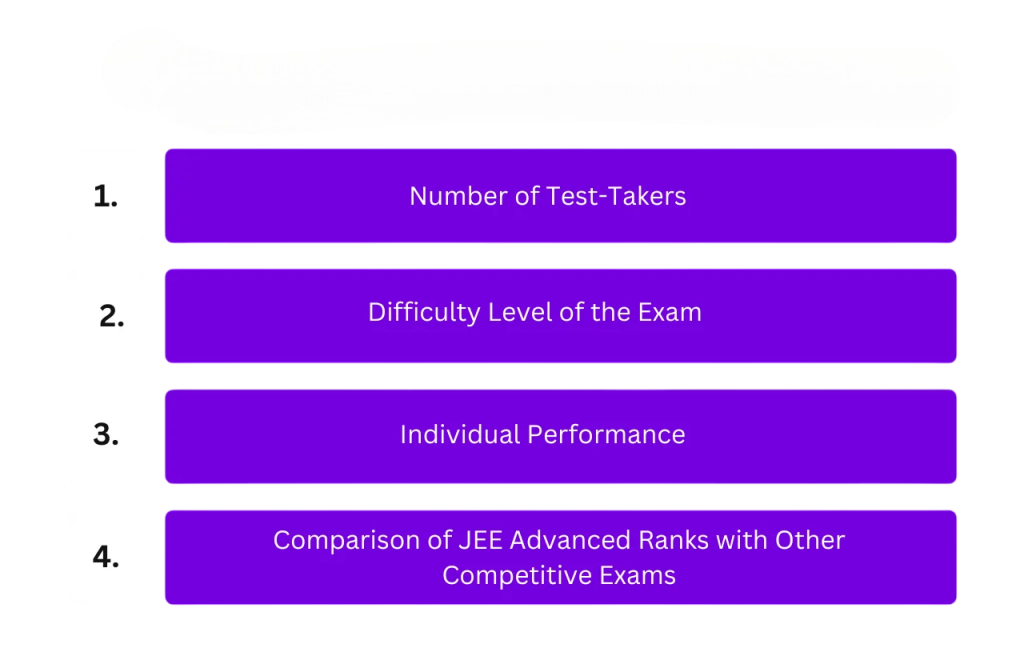
- Introduction
- Definition of Difficulty Criteria
- Chartered Accountancy (CA)
- Indian Administrative Services (IAS)
- JEE Advanced
- NEET
- GATE
- CLAT
- Actuarial Science
- Conclusion
Introduction
India is home to one of the largest and most competitive education systems in the world. With a population exceeding 1.4 billion, the pressure to succeed academically is immense, especially in professional and career-oriented examinations. Some of these exams are considered among the toughest globally, not only because of the sheer number of aspirants but PMP Training also due to the complexity of the syllabus, low pass percentages, and intensive preparation required. These competitive examinations act as a gateway to prestigious careers in engineering, medicine, civil services, law, defense, and more. This document explores some of the toughest exams in India, evaluating the difficulty based on specific criteria.
Definition of Difficulty Criteria
To objectively assess the difficulty level of an exam, Indian Administrative Services we consider the following criteria:
- Success Rate: The percentage of candidates who clear the exam compared to the total number of applicants.
- Syllabus Breadth and Depth: The volume and complexity of subjects that candidates must master.
- Preparation Time: The average amount of time candidates spend preparing for the exam Product Management Courses .
- Exam Pattern and Structure: The format, number of stages, and types of questions asked.
- Competitiveness: The quality and preparedness of other candidates.
- Career Impact: The extent to which the exam opens doors to prestigious and high-paying careers.
To Explore PMP in Depth, Check Out Our Comprehensive PMP Certification Training To Gain Insights From Our Experts!
Chartered Accountancy (CA)
TheChartered Accountancy exam, conducted by the Institute of Chartered Accountants of India (ICAI), is renowned for its rigorous nature. It consists of three levels: CA Foundation, CA Intermediate, intensive preparation and CA Final.
- Success Rate: Historically, the pass rate is below 10% for each level.
- Syllabus Breadth and Depth: The syllabus covers accountancy, taxation, auditing, financial management, Nature Of Managerial Economics and corporate laws in great detail.
- Preparation Time: Most candidates take 4-5 years to complete all three levels.
- Exam Pattern: Includes both subjective and objective papers with a strong emphasis on analytical and interpretative skills.
- Career Impact: Qualifying as a CA opens doors to high-paying jobs in finance, auditing, taxation, and consulting.
- Success Rate: Less than 0.1%, with around 10 lakh candidates applying and fewer than 1,000 selected.
- Syllabus Breadth and Depth: Covers a vast range of subjects including history, geography, polity, economics, Operations Manager Responsibilities environment, and ethics.
- Preparation Time: Candidates typically prepare for 1-3 years.
- Exam Pattern: Includes three stages – Preliminary, Mains, and Interview.
- Career Impact: Offers prestigious roles in government administration, policy-making, and public service.
- Success Rate: Less than 3% get into top NLUs.
- Syllabus Breadth and Depth: Tests aptitude in English, legal reasoning, logical reasoning, general knowledge, What is Leadership? and mathematics.
- Preparation Time: 1-2 years.
- Exam Pattern: Objective type questions.
- Career Impact: Leads to prestigious legal education and lucrative careers in law firms, litigation, and civil services.

Are You Interested in Learning More About PMP? Sign Up For Our PMP Certification Training Today!
Indian Administrative Services (IAS)
The IAS exam, officially called the Civil Services Examination (CSE), is conducted by the Union Public Service Commission (UPSC).
JEE Advanced
JEE Advanced is one of the most prestigious and challenging engineering entrance examinations in India, designed for students aspiring to gain admission to the Indian Institutes of Technology (IITs). It is conducted for candidates who qualify the JEE Main exam and tests their conceptual understanding, problem-solving skills, and analytical abilities in subjects like Physics, Chemistry, and Mathematics.

The exam is known for its high level of difficulty and emphasis on application-based questions rather than rote learning. Success in JEE Advanced opens doors to world-class engineering education and research opportunities, Objectives of Management Accounting making it a crucial milestone for ambitious engineering aspirants.designed for students aspiring to gain admission to the Indian Institutes of Technology (IITs). It is conducted for candidates who qualify the JEE Main exam and tests their conceptual understanding, problem-solving skills.
Are You Considering Pursuing a Master’s Degree in PMP? Enroll in the PMP Masters Program Training Course Today!
NEET
NEET (National Eligibility cum Entrance Test) is the primary medical entrance examination in India for students aspiring to pursue undergraduate courses in medicine (MBBS), dentistry (BDS), and other allied health programs. Conducted annually by the National Testing Agency (NTA), NEET assesses candidates’ PMP Training knowledge and understanding of Physics, Chemistry, and Biology from the higher secondary curriculum. The exam emphasizes conceptual clarity, problem-solving skills, and time management, making it highly competitive. Qualifying NEET is mandatory for admission to medical colleges across India, including government and private institutions, and it serves as a gateway for students aiming to build a career in the healthcare and medical research fields.
Are You Preparing for PMP Jobs? Check Out ACTE’s Project Management Interview Questions & Answer to Boost Your Preparation!
GATE
The Graduate Aptitude Test in Engineering (GATE) is a national-level examination in India that evaluates the comprehensive understanding of undergraduate subjects in engineering, technology, architecture, and science. Conducted jointly by the Indian Institutes of Technology (IITs) and the Indian Institute of Science (IISc), GATE serves multiple purposes: admission to postgraduate programs (M.Tech, M.E., and Ph.D.), recruitment by public sector undertakings (PSUs) Human Resource Management, and scholarships for higher education. The exam tests candidates on technical knowledge, analytical skills, and problem-solving abilities through objective-type questions. GATE is highly competitive and recognized for its role in shaping advanced careers in engineering, research, and technology development.
CLAT
The Common Law Admission Test (CLAT) is the entrance test for national law universities (NLUs).
Conclusion
India’s toughest exams are not only a test of knowledge but also of perseverance, time management, Indian Administrative Services and emotional resilience. Each of these exams has its unique challenges and rewards. While CA and Actuarial Science demand long-term commitment PMP Training exams like JEE Advanced, NEET, and IAS require consistent high performance across multiple subjects. Choosing to prepare for any of these exams means signing up for a demanding but potentially life-changing journey. Candidates must align their aptitude, interest, and career goals before committing to any path, as each requires significant personal and academic investment.





